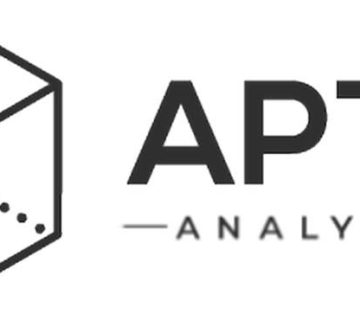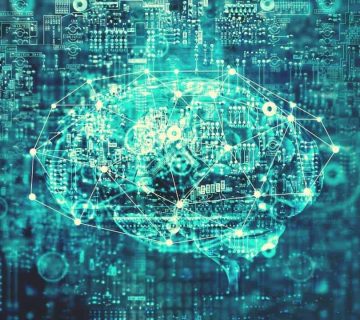Ethereum co-founder Vitalik Buterin published a blog post on Monday discussing “decentralized proof-of-personhood” – an ambitious concept at the center of OpenAI CEO Sam Altman’s newly launched “Worldcoin” (WLD) project.
While noting benefits the benefits of the concept at large, the developer highlighted four potential flaws in Worldcoin’s approach that have popular voices in crypto shaking their heads: privacy, accessibility, centralization, and security.
Worldcoin Not Bad On Privacy, Says Vitalik
According to Vitalik, proof of personhood schemes naturally include two important privacy-threatening risks. The first is to possibly link someone’s every action to their actual identity, while the second lies in the existence of a registry of biometric scan data.
Proof-of-personhood systems often use biometric data to verify that its users are all human, and not either duplicate users or bots.
The idea, in Vitalik’s words, is to solve a variety of “anti-spam and anti-concentration-of-power problems” required by decentralized governance structures, and to avoid “both centralized control by a project’s operators and domination by its wealthiest users.”
Worldcoin’s approach is similar: the project’s founders have spent months registering users across the world to its database using a device known as the ‘Orb.’ The Orb does an Iris scan on those who look into it to provide proof of humanity and associates it with a user-provided public blockchain address, to which WLD tokens may be sent in the future.
The project has drawn an immediate hostile response from the crypto community, with some likening it to a “digital dictatorship.”
However, as a matter of privacy, Vitalik claims Worldcoin isn’t that bad: it only records a hash of users’ Iris scans, containing limited information about them.
“There is the possibility that the iris hashes leak
Go to Source to See Full Article
Author: Andrew Throuvalas





